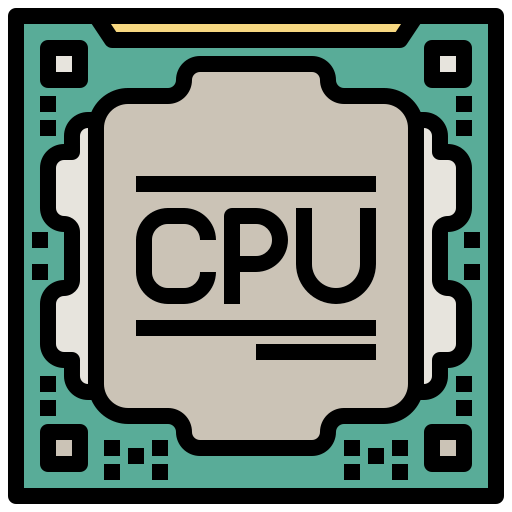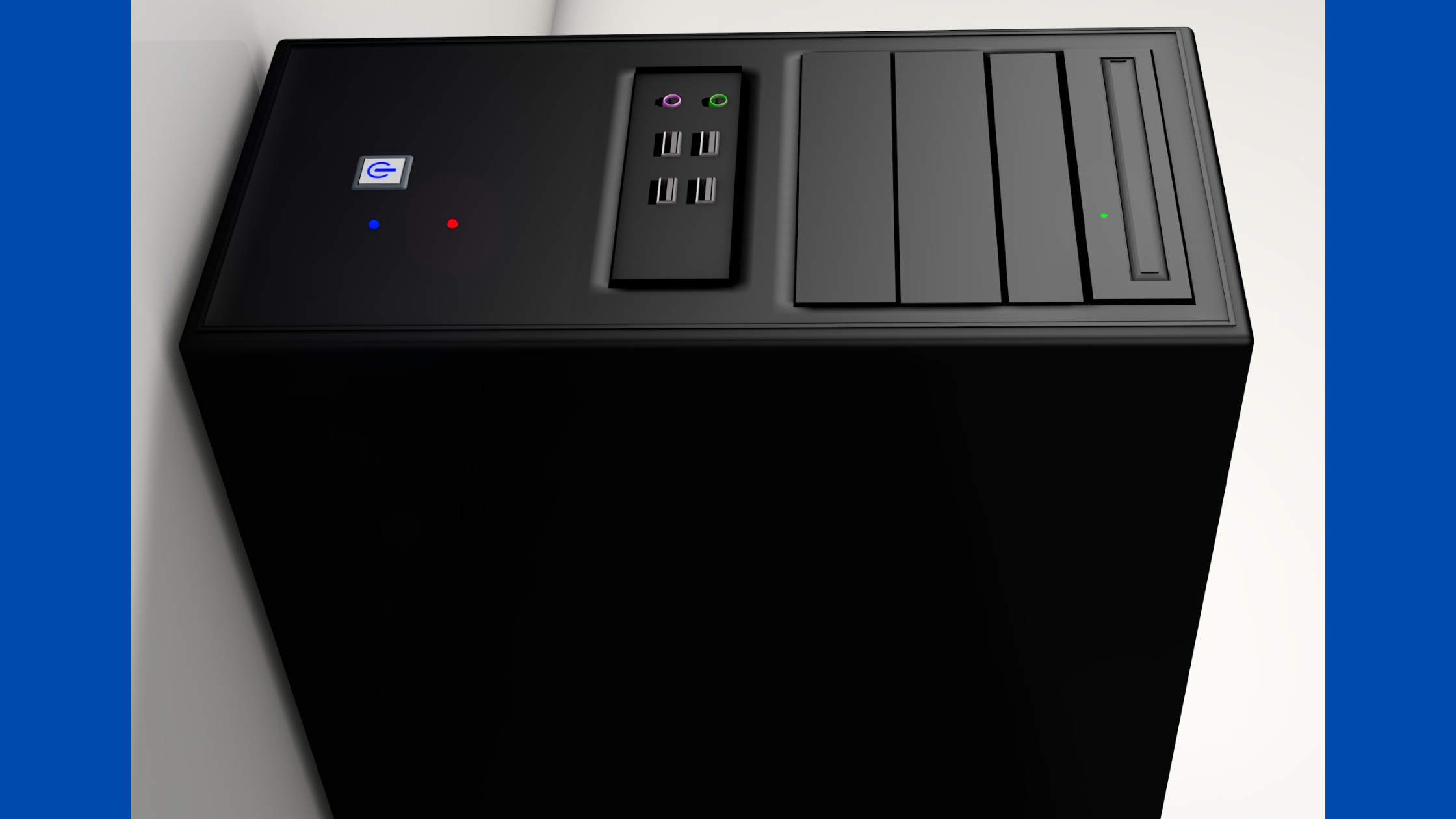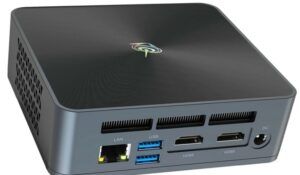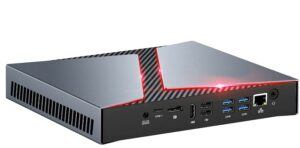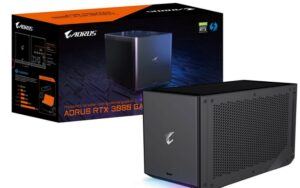Some computer users may use their laptops to make videos, edit photos, or record songs. In general, their notebooks run slowly in these situations.
Some people will want to build another state-of-the-art fast desktop, while others are wondering if they can add an extra CPU processor to their existing machine.
Just like external hard drives or GPUs (graphics processing units), they are thinking of external CPUs that can be connected to the main computer.
Combined with the internal CPU, the extra CPU can help increase machine performance. Unfortunately, no external CPU booster has been designed to work with laptops.
What is an external CPU?
A computer with an external processor is more powerful than one without it. Imagine how much work you could do if your laptop had the power of another desktop!
The device connects via USB cables and has extra capacity to upgrade memory or add new storage devices such as hard drives, which are excellent resources when multitasking is required for all available space users.
There is no need to change again and forth between programs constantly. Only one drive at a time.
Why isn’t there an external CPU for laptops?
A typical laptop already has a built-in CPU and can only operate on one CPU simultaneously. Also, with personal computers working, there is no way to achieve this.
A working CPU must transmit data directly through data buses with relatively large bandwidth along with other internal components (such as RAM chips) on the motherboard.
There is no way to perform these operations with an external CPU.
And usually, there is only one CPU socket or CPU slot on the motherboard. Therefore, dual CPU is also impossible.
Furthermore, for most modern laptops, you may not be able to update the old CPU with the new one, as the upgrading process requires a meticulous operation that the average user cannot complete.
Furthermore, a typical CPU is installed on a socket specific to the CPU and specifically connected to the motherboard. The processor is not flexible anywhere else.
Is there an external CPU for the laptop?
Some people may use their laptops to make videos, edit photos, or record songs.
In general, notebooks run slower in these situations, and some people would like to create another modern fast desktop as this is only possible by adding additional processing power from an external source such as CPUs without compromising the performance of the machines.
It can help you grow. Absolutely on system resources (like RAM).
Some premium quality External processor you can go for;
|
|
Check out the current price here. |
|
|
Check out the current price here. |
|
|
Check out the current price here. |
|
|
Check out the current price here. |
|
|
Check out the current price here. |
|
|
Check out the current price here. |
Is an external CPU possible in the future?
As mentioned above, a CPU must communicate with other internal devices on the computer. CPUs are always connected to the motherboard via a particular connection slot.
Theoretically, you can extend the connection from the motherboard to an external device to make the external CPU work on the same board.
Then, insert the external processor on the external device. In this way, it is achievable to use an external laptop processor in the future.
The device will need to sit on an integrated memory bus; otherwise, it is just a connected processor, like a GPU.
External GPUs exist, but they have the following problem: Bandwidth. Some people get pretty psyched about the Thunderbolt, but it only tops at 40 GB.
5 GB / s doesn’t cut it for a memory bus for any central CPU: even a cheap desktop today would have about 8x more bandwidth.
(Not to mention latency: PCIe, without any external transceivers or serialization, is on the order of 1 us latency, and we expect the latency in memory to be 50-100 ns.).
Final Thoughts
There is a strange debate in some quarters about how to “de-aggregate” the servers.
The idea is that within a rack, you will be able to mix and match memory, CPU / GPU, and modules for storage, and somehow they will all be equally accessible.
Need 20TB RAM? Only insert additional memory modules. One program requires 1000 threads – stick to more CPU modules.
It is pretty stupid because there is no such thing as a connection that is fast enough for everything at once (IE, it is fighting the powerlessness of nature.)
